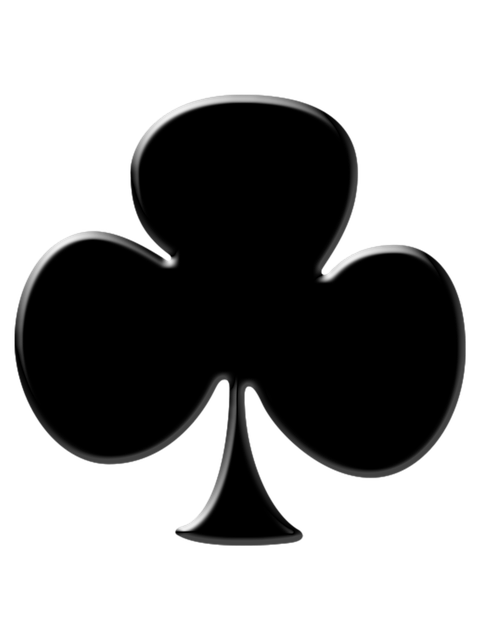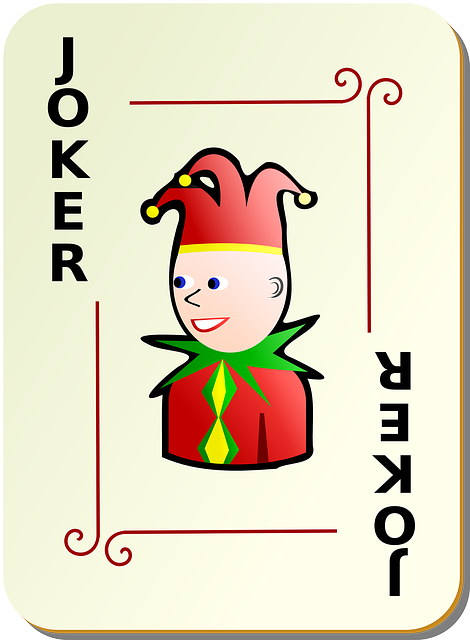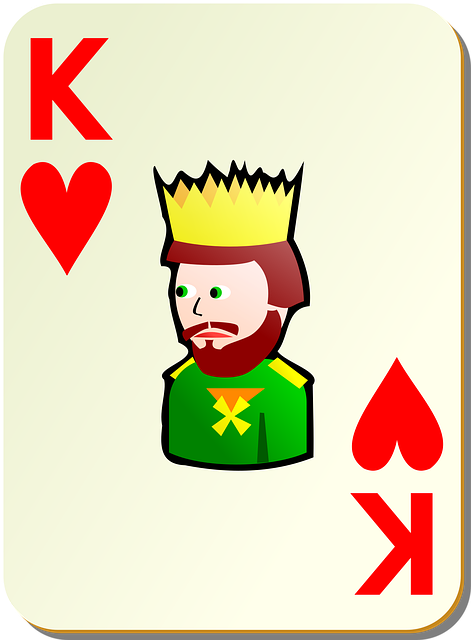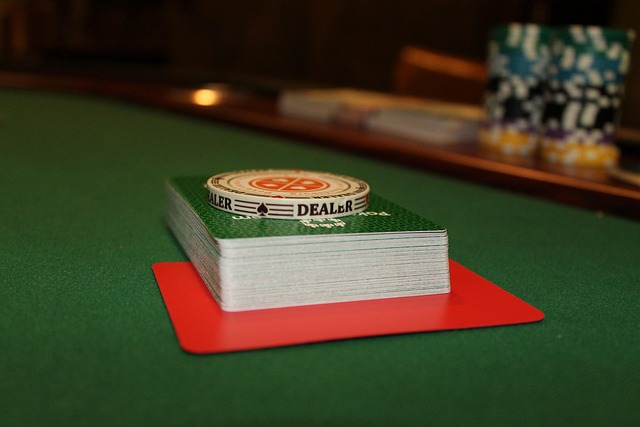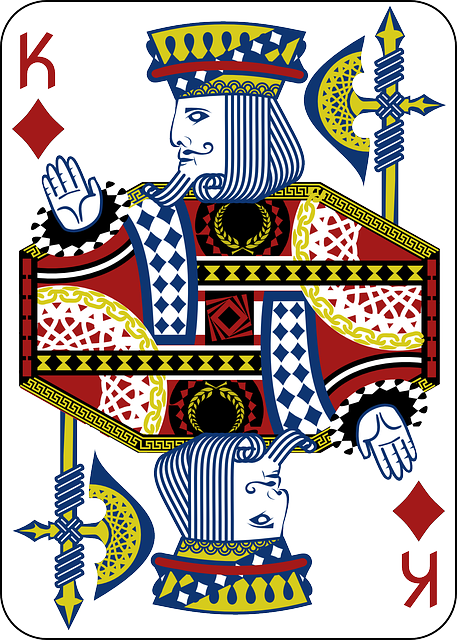Strategic planning for Poker Tournaments involves identifying peak participant times, spacing events to avoid congestion, choosing poker variants and buy-in levels suited to expected attendees, incorporating breaks for varied play speeds, and regularly reviewing adjustments based on player feedback and registration trends. Balanced scheduling enhances participant experience, fosters engagement, and ensures fair conduct. Hosting diverse game formats and using digital marketing strategies encourages turnover and builds a vibrant community.
Planning a successful Poker Tournaments schedule requires strategic planning. This guide delves into essential aspects of structuring your event timelines effectively, ensuring optimal player engagement and turnover. From setting start times to managing breaks, learn how to create a seamless experience for participants. Discover best practices to attract and retain players, making your poker tournaments the talk of the town.
- Planning Your Poker Tournament Schedule
- Structuring Event Timelines Effectively
- Optimizing Turnover and Player Engagement
Planning Your Poker Tournament Schedule
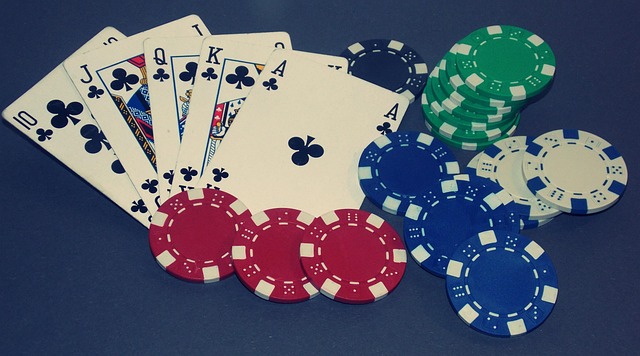
Planning your poker tournament schedule is a crucial step in organizing a successful event. It involves considering factors like player availability, venue capacity, and desired game formats. Start by identifying peak times when most poker enthusiasts are likely to participate, often corresponding with weekends or evenings during weekdays. Then, create a series of events spaced weeks apart to build anticipation and prevent calendar overcrowding.
For each tournament, decide on the type of poker variant – Texas Hold’em, Omaha, or Stud – and the buy-in levels suitable for your expected crowd. Incorporate breaks between rounds to accommodate varying play speeds and ensure a balanced schedule that allows players to rest and network. Regularly review and adjust your schedule based on player feedback and registration trends to create an engaging poker tournament series.
Structuring Event Timelines Effectively
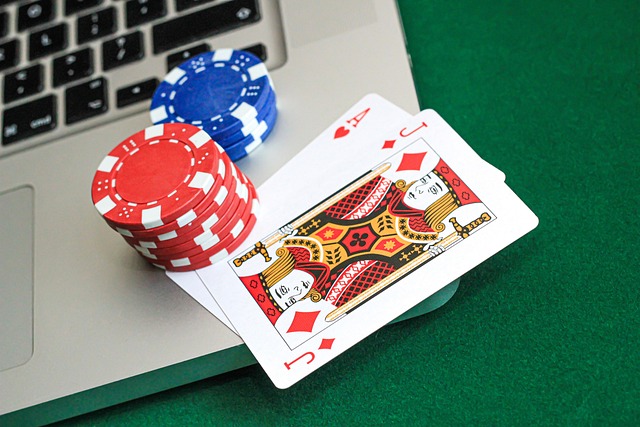
Structuring event timelines effectively is key to the success of any poker tournament. It involves careful planning and consideration of multiple factors, including player expectations, game variations, and the overall tournament format. Well-structured timelines ensure that each round flows smoothly, providing ample time for players to adjust between games and minimizing delays that could disrupt the tournament’s rhythm.
In a Poker Tournament, effective scheduling means balancing the need for competitive intensity with participant comfort. It involves setting clear start times for each round, allowing for break periods, and considering the duration of different game types. This thoughtful approach not only enhances the overall experience but also contributes to the fair and transparent conduct of the event, keeping players engaged and enthusiastic throughout.
Optimizing Turnover and Player Engagement
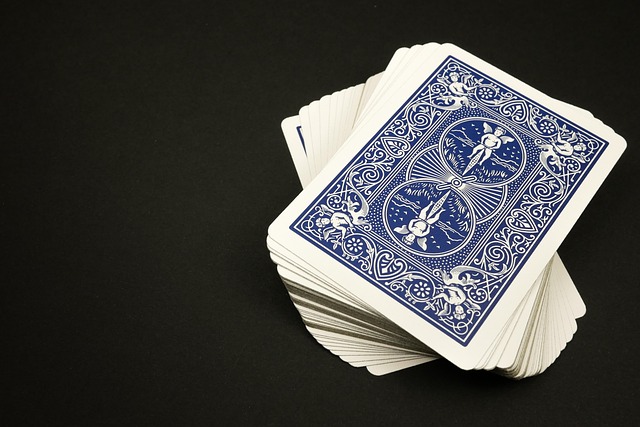
Optimizing turnover and player engagement is a key aspect of successful poker tournament scheduling. By strategically planning event calendars, hosting diverse game formats, and incorporating dynamic structures like bullet tournaments or speed poker, venues can attract both seasoned players and beginners. This variety caters to different preferences, keeping the community engaged and excited throughout the year.
Additionally, leveraging digital marketing strategies, such as social media promotions and email newsletters, helps in reaching a broader audience and creating buzz around upcoming events. Implementing rewards programs and loyalty schemes also encourages frequent participation, fostering a sense of community and boosting overall player engagement within the poker tournaments.
Crafting a successful poker tournament schedule requires careful planning and optimization strategies. By understanding how to structure event timelines effectively, you can enhance player engagement and turnover rates, ensuring your tournaments run smoothly and attract a steady stream of participants. With the right approach, you’ll create memorable experiences that cater to both casual players and seasoned pros, solidifying your reputation in the world of poker tournaments.
